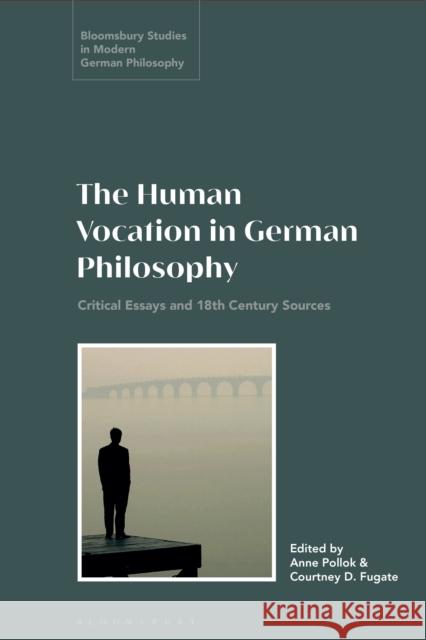The Human Vocation in German Philosophy: Critical Essays and 18th Century Sources » książka
topmenu
The Human Vocation in German Philosophy: Critical Essays and 18th Century Sources
ISBN-13: 9781350166073 / Angielski / Twarda / 2023 / 368 str.
The Human Vocation in German Philosophy: Critical Essays and 18th Century Sources
ISBN-13: 9781350166073 / Angielski / Twarda / 2023 / 368 str.
cena 681,49
(netto: 649,04 VAT: 5%)
Najniższa cena z 30 dni: 628,93
(netto: 649,04 VAT: 5%)
Najniższa cena z 30 dni: 628,93
Termin realizacji zamówienia:
ok. 22 dni roboczych.
ok. 22 dni roboczych.
Darmowa dostawa!
Kategorie BISAC:
Wydawca:
Bloomsbury Publishing PLC
Seria wydawnicza:
Język:
Angielski
ISBN-13:
9781350166073
Rok wydania:
2023
Ilość stron:
368
Wymiary:
23.4 x 15.6
Oprawa:
Twarda
Dodatkowe informacje:
Obwoluta











